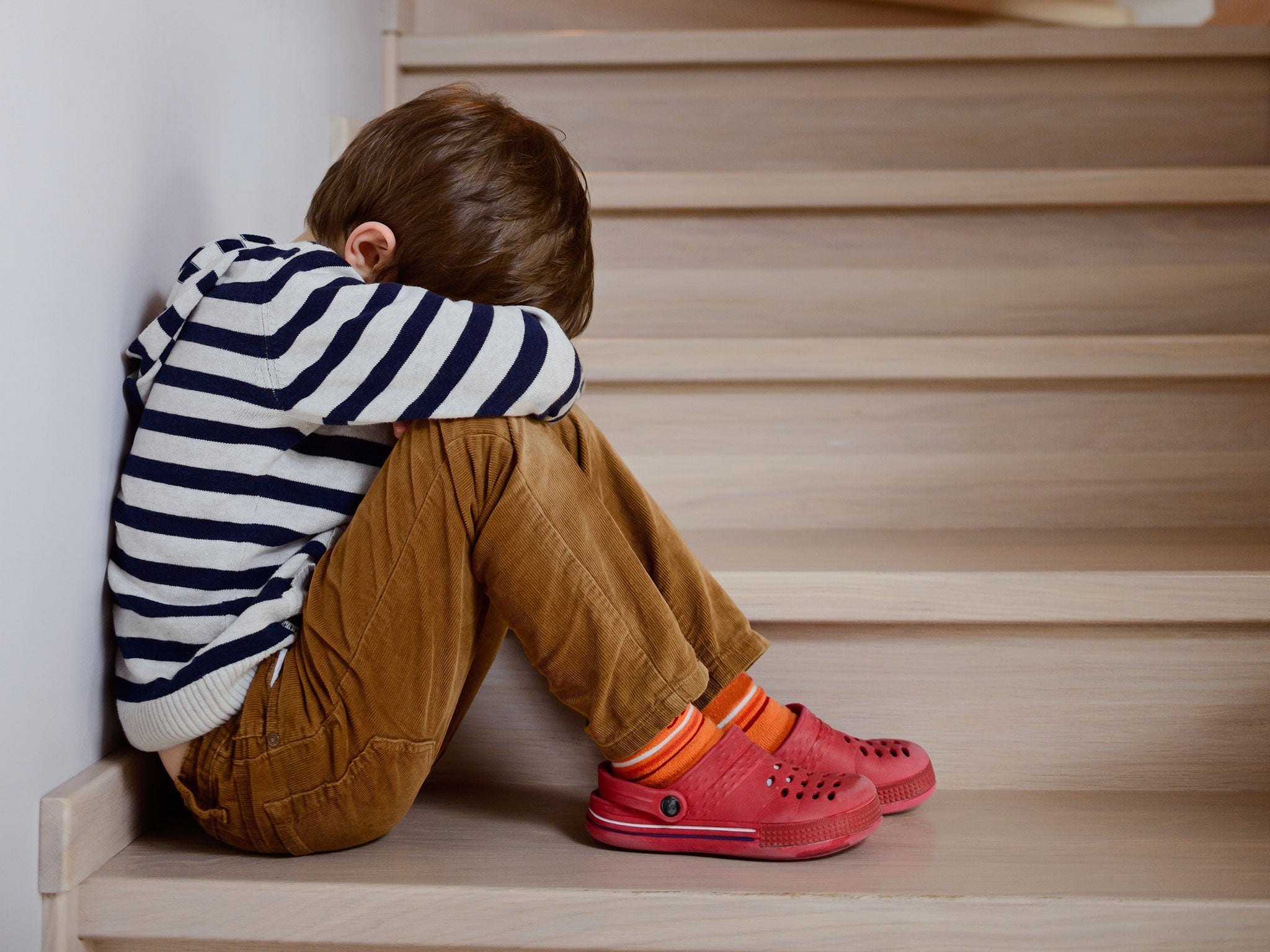Smacking children makes them more likely to have mental health problems when they grow up, research finds
In the UK, it is legal to smack a child provided that no physical marks are left, such as bruising or bleeding

Your support helps us to tell the story
From reproductive rights to climate change to Big Tech, The Independent is on the ground when the story is developing. Whether it's investigating the financials of Elon Musk's pro-Trump PAC or producing our latest documentary, 'The A Word', which shines a light on the American women fighting for reproductive rights, we know how important it is to parse out the facts from the messaging.
At such a critical moment in US history, we need reporters on the ground. Your donation allows us to keep sending journalists to speak to both sides of the story.
The Independent is trusted by Americans across the entire political spectrum. And unlike many other quality news outlets, we choose not to lock Americans out of our reporting and analysis with paywalls. We believe quality journalism should be available to everyone, paid for by those who can afford it.
Your support makes all the difference.Children who are smacked by their parents are more likely to have mental health issues as well anti-social behaviour problems once they grow up, new research has suggested.
Cognitive difficulties and increased aggression are other side effects recorded in a meta-analysis of 50 years worth of research conducted on more than 160,000 children. The study, which has been published in the Journal of Family Psychology was jointly undertaken by researchers at The University of Texas at Austin and the University of Michigan, assesses the long lasting impact into adulthood which smacking has on children’s mental health, life skills and development.
The researchers use the term "spanking" to denote “hitting a child on their buttocks or extremities using an open hand.” They found 13 negative outcomes are “significantly associated with parents’ use of spanking” and continue to affect spanked children long into adulthood. These include more aggression, more antisocial behaviour, more externalising problems, more internalising problems, more mental health problems, more negative relationships with parents, lower moral internalisation, lower cognitive ability and lower self-esteem all being found within such adults.
The researchers concluded: “Spanking children to correct misbehaviour is a widespread practice, yet one shrouded in debate about its effectiveness and even its appropriateness. The meta-analyses presented here found no evidence that spanking is associated with improved child behaviour and rather found spanking to be associated with increased risk of 13 developmental outcomes.
“Parents who use spanking, practitioners who recommend it, and policymakers who allow it might reconsider doing so given that there is no evidence that spanking does any good for children and all evidence points to the risk of it doing harm.”
Research by UNICEF records that around the world 80 per cent of children are subjected to some form of routine hitting or beating as a form of discipline.
In the UK, it is legal for parents to smack children as a form of punishment providing no physical markings such as bruising or bleeding are incurred.
Join our commenting forum
Join thought-provoking conversations, follow other Independent readers and see their replies
Comments